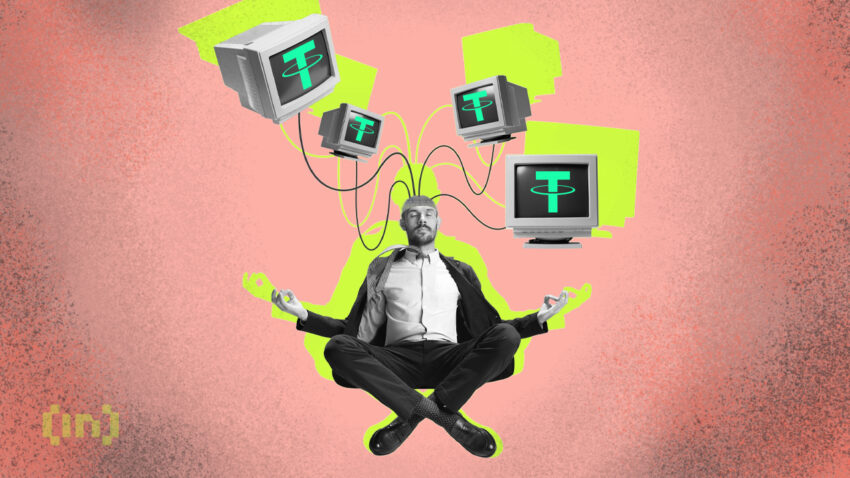
Venezuelan state oil company PDVSA is turning to cryptocurrencies, particularly USDT, to circumvent new US sanctions.
This strategic change aims to protect the country's oil sales revenues from the freezing of foreign bank accounts. The urgency is growing as the US Treasury tightens its grip on the oil-rich country after its demands for electoral reforms have gone unmet.
What challenges might Venezuela's conversion to the US dollar face?
According to Reuters, the US Treasury announced that it would not renew PDVSA's general license. Additionally, the US Treasury Department has set May 31 as the deadline for PDVSA to cease operations.
The move is part of a broader campaign by Washington to pressure Venezuela into policy changes, complicating Venezuela's efforts to boost oil production and exports. With traditional banking channels closed, the conversion of PDVSA to USDT reflects a growing trend to integrate cryptocurrencies into the global oil trade, although it is still in its infancy.
And he has underlines Venezuelan Oil Minister Pedro Telecha has “We have different currencies, depending on what is stipulated in the contracts.”
Read more: How to buy USDT currency in Egypt and Arab countries
Telecha's observation highlights the flexibility that PDVSA builds into its payment systems. The global oil market trades primarily in US dollars, making the move to digital currency a notable difference.
PDVSA's gradual transition to cryptocurrencies began last year, but accelerated after a reimposition. American sanctions. As a result, by the end of the first quarter, PDVSA had moved many of its spot oil transactions to a model requiring advance payment of half of the cargo's value in U.S. dollars.
Additionally, the company also requires new customers participating in oil transactions to hold digital currency. PDVSA also applies this requirement retrospectively to certain existing contracts.
However, this change comes with its challenges. The use of USDT for large transactions such as oil sales remains rare and faces skepticism from trading sectors.
“USDT transactions, as required by PDVSA, do not go through any trader's compliance department, so the only way to make them work is to work with a broker,” said one oil trader.
While this reliance on intermediaries is necessary to meet the demands of digital transactions, this reliance on intermediaries may result in a smaller portion of oil revenues arriving in PDVSA's accounts, where intermediaries take their part.
The effectiveness and security of using cryptocurrencies like USDT to circumvent sanctions is under scrutiny.
Tether was proactive in the freeze Accounts related to OFAC violations, indicating a compliance posture consistent with U.S. regulations. Additionally, traceability of blockchain transactions adds another level of complexity, which could reveal illicit activities.
Read more: The 4 Most Important Technical Analysis Tools for Cryptocurrencies and Stocks in 2024
Guillermo Fernandez, founder of blockchain analytics firm Blockpliance, expressed doubts about the immediate adoption of cryptocurrency for such purposes.
“While I understand that cryptocurrencies offer many benefits to the international oil trade, it is difficult to justify Venezuela's transition to a digital currency regime without first establishing a national regulatory framework and a capable national conciliation body. to respond and deploy an effective balance of payments for national needs. crude oil sales. Fernandez told BeInCrypto.
However, Minister Telecha remains optimistic about Venezuela's ability to circumvent sanctions and expand its oil and gas projects.
Best Cryptocurrency Trading Platforms
Of confidence
Disclaimer
All information published on our website is offered in good faith and for general information purposes only. Therefore, any action, behavior or decision taken by the reader in accordance with this information is solely the responsibility of itself and its affiliates individually, and the site assumes no legal responsibility for such decisions.
الأسواق,أخبار الذكاء الاصطناعي

Comments
Post a Comment